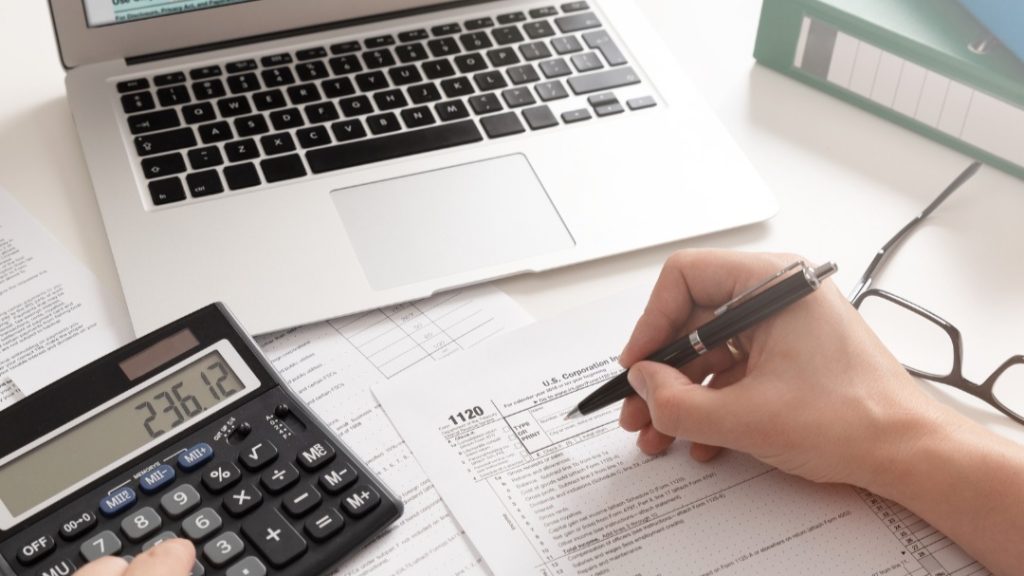Malaysia’s business world is changing fast. From bustling start-ups in Kuala Lumpur’s tech scene to family-run SMEs in Penang and Johor, digital transformation is no longer a buzzword — it’s a business reality. Among the many areas being reshaped, one stands out for its quiet but powerful impact: accounting.
Once dominated by spreadsheets and manual ledgers, accounting in Malaysia is now undergoing a profound shift. Cloud platforms, automation, and data-driven insights are redefining how businesses manage their finances. And as the country pushes ahead with initiatives like the Malaysia Digital Economy Blueprint (MyDIGITAL), the role of accounting software is only set to grow.
So, what does the future of accounting software in Malaysia look like in the evolving digital landscape?
From Compliance to Strategy
Traditionally, accounting systems were designed with one main purpose in mind: compliance. They helped businesses keep track of transactions, file taxes, and satisfy regulatory requirements. While that’s still important, today’s software goes far beyond compliance.
Modern systems provide real-time financial insights that empower businesses to make strategic decisions. Instead of waiting until the end of the month to see how cash flow looks, business owners can now check it instantly. That shift from reactive to proactive accounting is a game-changer, especially for SMEs that need agility to compete.
Key Trends Shaping the Future
Several emerging trends are already influencing how accounting software is evolving in Malaysia:
- Cloud adoption – Cloud-based accounting software like Million is quickly becoming the norm. It allows teams to collaborate remotely, provides scalability as businesses grow, and ensures data is securely backed up. For SMEs with multiple outlets or mobile teams, this flexibility is invaluable.
- Automation and AI – From automatic bank reconciliations to invoice processing, repetitive tasks are increasingly handled by software. Artificial intelligence also opens the door to predictive analytics, helping businesses forecast cash flow or identify risks before they become problems.
- Integration with other systems – Accounting software is no longer a stand-alone tool. It integrates with point-of-sale systems, payroll platforms, e-commerce sites, and even government portals. This creates a seamless flow of data that reduces errors and boosts efficiency.
- Mobile-first functionality – As more business owners manage operations on the go, accounting systems are optimised for mobile devices. Approving expenses, sending invoices, or checking reports can be done directly from a smartphone.
- Regulatory alignment – With Malaysia’s tax regulations continuing to evolve, accounting software is adapting to ensure compliance with SST, e-invoicing initiatives, and Bank Negara reporting requirements.
The Malaysian Context
Malaysia’s SME sector makes up over 95% of all businesses and contributes nearly 40% of GDP. Yet, many SMEs still rely on manual or semi-digital systems. The push towards digitisation, spurred on by government incentives and increasing competition, means that lagging behind could prove costly.
In 2024, the Inland Revenue Board of Malaysia (LHDN) announced its move towards mandatory e-invoicing, starting with large companies before gradually rolling out to SMEs. This shift alone is expected to accelerate the adoption of digital accounting solutions across the country.
The message is clear: digital accounting isn’t a future consideration — it’s happening now.
Opportunities for Businesses
Adopting modern accounting software isn’t just about staying compliant. It opens up opportunities for growth and efficiency:
- Better decision-making – Real-time dashboards provide clarity on financial health, allowing business owners to act quickly.
- Cost savings – Automation reduces manual work, freeing up staff time for higher-value tasks.
- Improved cash flow management – Systems can send automatic reminders for late payments and track outstanding invoices.
- Scalability – As businesses grow, the software grows with them, handling more transactions and users without disruption.
Challenges Ahead
Of course, the transition isn’t without challenges. SMEs in particular face hurdles such as:
- Cost concerns – While software is often affordable, some businesses still see it as an unnecessary expense.
- Digital skills gap – Not all employees are comfortable with new technologies, requiring training and support.
- Cybersecurity risks – As more data moves online, protecting sensitive financial information becomes a top priority.
Addressing these challenges will require not only investment in software but also in people and processes.
What the Future Holds
Looking ahead, the future of accounting software in Malaysia will likely be defined by three pillars:
- Smarter automation – AI will continue to evolve, reducing human involvement in routine processes and offering more predictive capabilities.
- Stronger compliance features – With e-invoicing and regulatory updates on the horizon, software will become the bridge between businesses and government systems.
- Personalisation and accessibility – Systems will become more user-friendly, offering dashboards and insights tailored to different roles within a company, from the CEO to the accountant.
In short, accounting software will move further away from being an administrative tool and closer to becoming a strategic partner.
Conclusion
Malaysia’s digital landscape is changing quickly, and accounting software is at the heart of that transformation. What was once a back-office function is now a driver of efficiency, compliance, and growth. For SMEs in particular, embracing scalable, cloud-based, and intelligent systems is no longer optional — it’s essential for survival in an increasingly competitive market.
The businesses that thrive in the coming years will be those that treat accounting software not just as a means of keeping the books in order, but as a tool for insight, agility, and innovation.
So, the question is no longer “Will you go digital?” but “How fast can you get there?”
